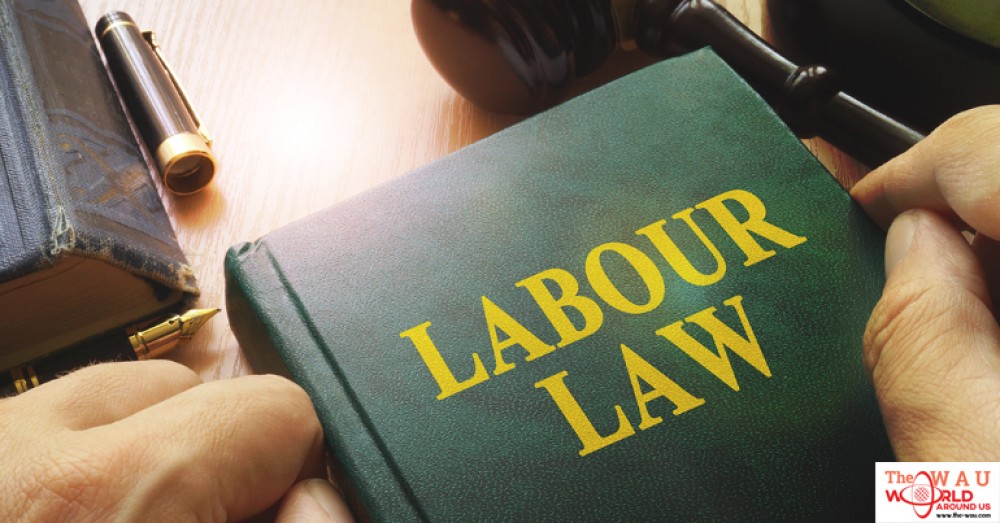As an expat in the UAE, you need to keep yourself informed and abreast of your rights and responsibilities surrounding employment in the country. The UAE follows the Federal Law No. 8 of 1980 on regulating labour relations.
In 2006, The Dubai Government came up with a landmark Human Resources Law for government employees that include code of conduct, work environment, recruitment and employment policies and compensation and benefits.
Khaleej Times capsules the labour law's stipulations on employee disciplinary rules, termination, their rights and end-of-service settlements, so you don't have to read through the fine print.
Disciplinary action
Article 102 of the labour law states that disciplinary rules may be imposed by the employer or their representative in the following forms:
Warning
Fines
Suspension with reduced pay for a period not exceeding 10 days
Deprivation from or deferment of periodic bonus (if such bonuses are applicable in your company)
Deprivation from promotion
Dismissal from work, without affecting end-of-service gratuity
Dismissal from work, with total loss of end-of-service gratuity or a part of it
The law includes safeguards to protect the employee's cause and welfare as well. For instance, the above mentioned fine may not exceed the equivalent of the employee's pay for 5 days (Article 104), and such fines may only be imposed once a year (Article 106). A work promotion also cannot be withheld for more than one promotional cycle (Article 107).
Any of the Article 102 rules can only be imposed on the worker after issuing a notice with details of the charges against them in writing, and only after having heard them out first and the reasons investigated (Article 110). Any such disciplinary action also has to be taken and issued within 30 days of the discovery or allegations made (Article 111).
Know the termination laws
1. When can an employment contract be terminated?
a) If both parties agree to cancel the contract, with the employee's consent given in writing.
b) If the contract period expires, unless it is explicitly or implicitly extended according to the law.
c) If the contract period is unspecified and any party wish to terminate it, provided they stick to the acceptable grounds and provisions surrounding contract termination (Article 113).
2. What happens in case of death or disability of the worker?
The employment contract cannot be terminated in the event of the employer's death. However, it can be if the employee dies or is completely disabled, with approved medical certificate given by the country's health authorities (Article 114). In case of partial disability, and the employee can continue to do tasks within their capacity, they should be retained or moved to such a job role, without any effect on their rights or compensation.
3. What happens if the employer or employee terminate the contract before its end-date?
If the employer does it, they are to compensate the employee with an amount not more than their 3 months' total salaries, or for the remaining period of the contract, whichever is shorter (unless the contract states different rules), according to Article 115. The same applies in vice-versa if the employee cancels the contract (Article 116).
4. When can the employer dismiss the worker without prior notice?*
a) If the employee assumes a false identity or nationality, or submits false certificates or documents
b) Within or at the end of the employee's probation period
c) If the employee makes errors resulting in major material or financial loss to employer, and the Labour Department is informed of it within 48 hours of the incident
d) In the event of violation of safety or workplace rules, communicated in prior to the worker clearly
e) If the employee fails to perform his or her duties as stipulated in the contract, and not improve their performance in spite of warnings
f) If they reveal any confidential information regarding the company or workplace to the public
g) If they are charged with a crime of honour, honesty or public ethics by a court
h) If found under the influence of alcohol or drugs during work hours
i) If they assault the employer, manager or coworkers
j) If they are absent without leave or valid cause for over 20 non-consecutive working days in a year, or over 7 consecutive days
(*all under Article 120)
...[ Continue to next page ]
Share This Post












